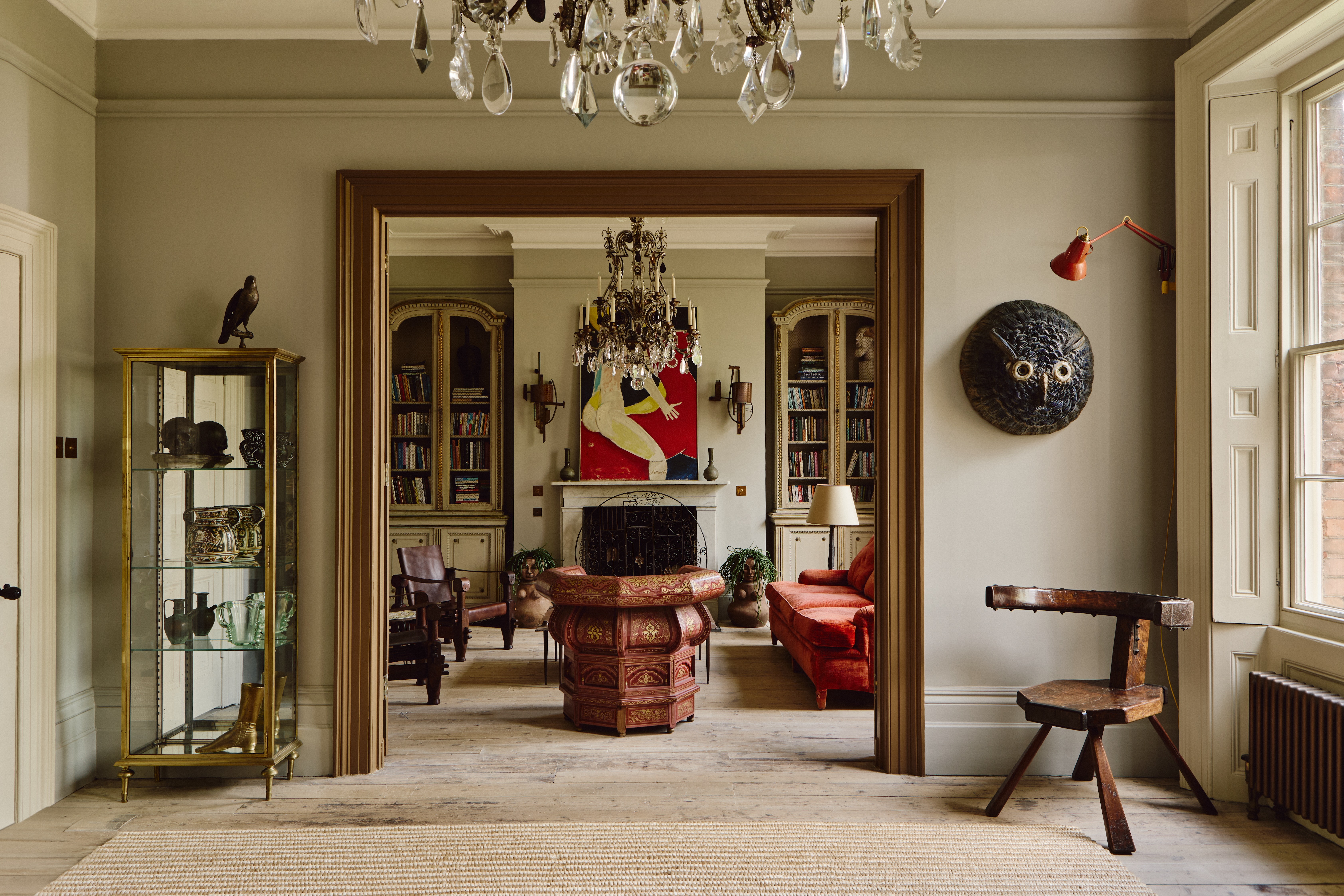The daughters inherit – primogeniture survey
Attitudes to primogeniture are changing, according to a new survey which finds that daughters are beginning to inherit


The Downton Abbey conundrum-the prejudice against daughters inheriting major estates-that tortured the Earl of Grantham throughout last year's popular ITV series is almost a thing of the past, according to the newly released results of the Country Life Saffery Champness Succession Survey. Although 16% of major landowning families implement the practice of primogeniture-the rule of inheritance by the first-born a more flexible approach is prevailing; there is a greater feeling among landowners that it's acceptable and practical to leave the running of the estate to the child who is best placed to do so, regardless of age or sex.
This shift in attitude, suggests Mike Harrison, a partner in Saffery Champness Landed Estates & Rural Business Group, is partly due to changes in fiscal legislation and the general eco-nomic climate. ‘Based on the past experience of Saffery Champness's Landed Estates Group, there does appear to be much more openness and flexibility towards succession,' he explains.
‘Factors such as a consistent rise in agricultural-land values, now at record levels, comparable rises in residential property, longer life expectancy and a greater incidence of divorce, are all reflected in the survey results. Also, the diversification of landed estates from what were simply managed portfolios of let land and property, usually with a large country house at its core and with some forestry activity, has resulted in estates becoming much more complex, multi-faceted businesses.'
Edward Harley, president of the Historic Houses Association, points out that consistency in succession has never been more important. ‘Although many owners would no longer consider handing on to the eldest son to be the only option, keeping the whole estate together is often the most important objective,' he explains. ‘This is the driving force for maintaining the house, and the fact that so many are privately owned is a key factor in making historic properties the most frequently cited reason for tourists to visit the UK.'
Fursdons have run the Fursdon estate in Devon since 1259. David Fursdon, the present incumbent, is a nephew of the previous owner and has three sons. ‘Your individual circumstances dictate your attitude to succession. For us, after 750 years of unbroken occupation and with an eponymous family, a male heir has been vital. This may change in future if women keep their maiden name on marriage, as is increasingly the case, although this name doesn't usually yet pass to their children. But not every child will accept the constraints of estate inheritance, nor may they have the suitable skills and personal circumstances, so family discussion is vital. All other things being equal, the others will understand if it's the eldest who takes on the property.'
Similarly, CLA president William Worsley always knew it was his destiny to take on the ancestral home at Hovingham Hall, North Yorkshire. ‘The downside was that I had no choice in my career,' he says. ‘My younger brother [the late architectural historian Giles Worsley] was an amazing support to me, but he definitely wouldn't have wanted to do it. The burden of history can weigh quite heavily; after nearly 450 years, you don't want to be the one that mucks up.'
Mr Worsley advises: ‘It's important to leave an estate to one person, and to give clarity early on. This is particularly crucial if you aren't going to follow the rule of primogeniture, because you can end up playing one child off against another, which is a terrible thing to do. It's also import- ant to make provision for the other children, and that's certainly something I will endeavour to do for mine.'
Sign up for the Country Life Newsletter
Exquisite houses, the beauty of Nature, and how to get the most from your life, straight to your inbox.
Country Life is unlike any other magazine: the only glossy weekly on the newsstand and the only magazine that has been guest-edited by HRH The King not once, but twice. It is a celebration of modern rural life and all its diverse joys and pleasures — that was first published in Queen Victoria's Diamond Jubilee year. Our eclectic mixture of witty and informative content — from the most up-to-date property news and commentary and a coveted glimpse inside some of the UK's best houses and gardens, to gardening, the arts and interior design, written by experts in their field — still cannot be found in print or online, anywhere else.
-
 ‘It had the air of an ex-rental, and that’s putting it politely’: How an antique dealer transformed a run-down Georgian house in Chatham Dockyards
‘It had the air of an ex-rental, and that’s putting it politely’: How an antique dealer transformed a run-down Georgian house in Chatham DockyardsAn antique dealer with an eye for colour has rescued an 18th-century house from years of neglect with the help of the team at Mylands.
By Arabella Youens
-
 A home cinema, tasteful interiors and 65 acres of private parkland hidden in an unassuming lodge in Kent
A home cinema, tasteful interiors and 65 acres of private parkland hidden in an unassuming lodge in KentNorth Lodge near Tonbridge may seem relatively simple, but there is a lot more than what meets the eye.
By James Fisher